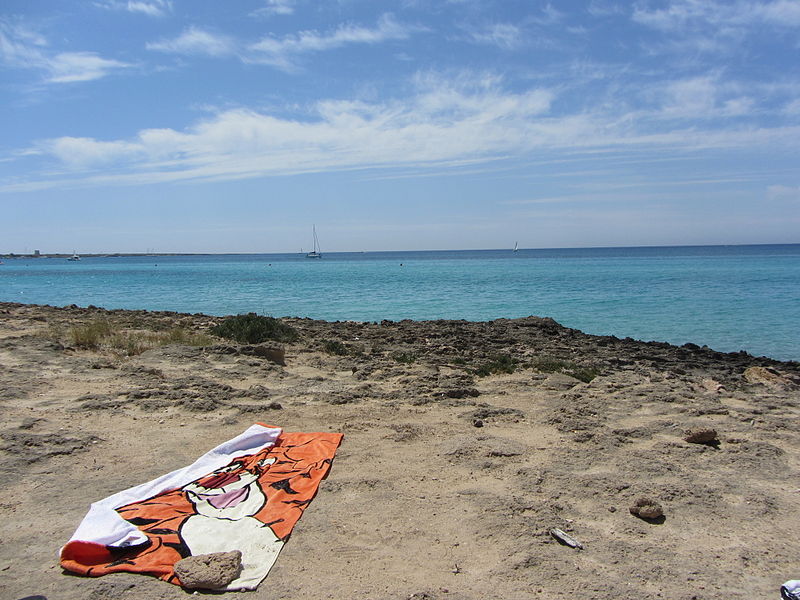By Sean Crosbie, SSH Correspondent
Street harassment often decreases a person’s willingness to go out or be seen in public spaces. I interviewed two friends about their experiences with catcalls, and their subsequent willingness to go out in public. The two friends had very different attitudes towards going out alone versus going out with others. In order to protect the identities of the women, I have labeled each “Interviewee 1” and “Interviewee 2,” respectively.
Interviewee 1 was walking in a local nightlife area in Washington, D.C., waiting for her boyfriend when she was accosted by two men looking for their car. When she said she didn’t know where their car was, they kept engaging her, and one member of the pack attempted to hug her. Immediately following that incident, another man came up to her and asked her how she was doing. She didn’t say anything and he responded by yelling, “Don’t ignore me!” Interviewee 1 told me: “…I was shaking and terrified…every man walking by had become a threat, and I felt trapped and alone since no passerby or police were available to protect me.”
This frightening encounter left her wary of going out in the neighborhood alone:
… After that experience, I have been leery of going out in Adams Morgan, especially alone. Previously, I had felt comfortable going to salsa there by myself (I’m friends with some regulars there), but since this incident, I’ve avoided heading to Adams Morgan by myself. Even when I’m walking with my boyfriend… I still feel like a target.

… I refuse to let obnoxious people affect me in that way…I may be even more assertive. I may also start explaining to people that what they are doing is harassing me, so that they can be more educated.
Women should be able to be alone in public without being harassed or made to feel afraid or uncomfortable. Too many men interact with women inappropriately. In fact, Interviewee 2 described this guy on the beach as a creep who kept telling her she had a nice body. It’s unfortunate that some men see women in public as an invitation to make sexual comments or gestures, or to invade women’s personal space. Street harassment seems to be a common, yet unnerving, expression of masculinity and “ownership” of space.
And I will deal with that concept in a future post. The women I interviewed shared their thoughts with me about what should be done to combat and prevent street harassment. The culture needs to change, and it needs to change now. Women shouldn’t be made to feel like targets.
Sean has written for Stop Street Harassment since April 2011. He is a library/research assistant at a labor union in Washington, D.C. and holds a Bachelor’s degree in economics from American University.
